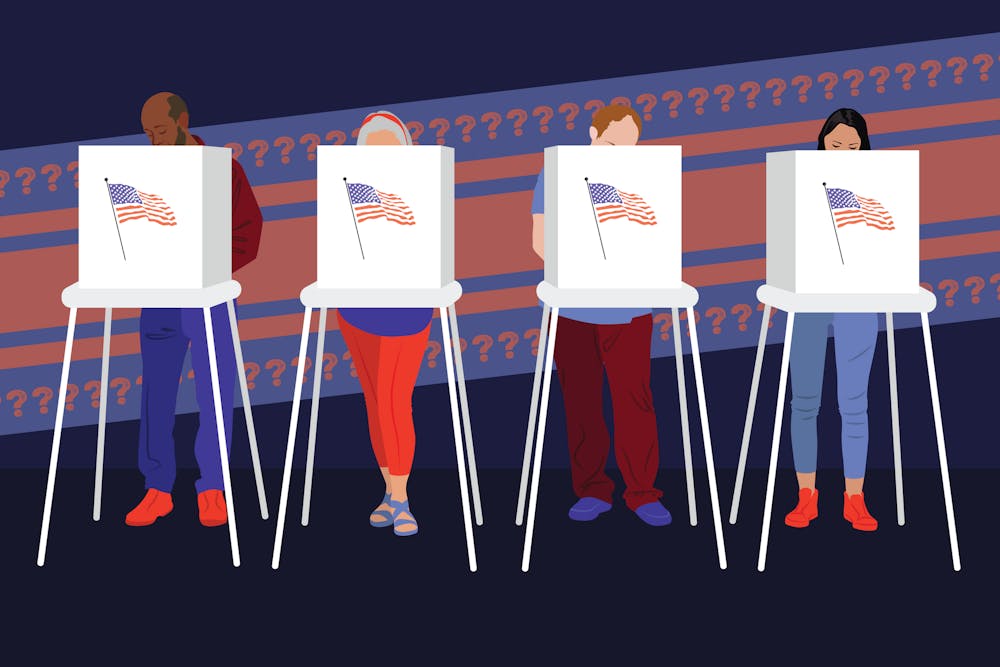Throughout recent years, the concept of diversity, equity and inclusion has become a central topic in political conversations, eventually evolving into its own campaign issue.
In North Carolina, politicians including Lt. Gov. Mark Robinson, the Republican candidate for Governor, have pushed back against DEI initiatives, arguing they unfairly leverage particular demographics. To some, DEI is considered a form of ideological indoctrination rather than a tool for addressing systemic disparities.
The Democratic party has advocated for implementing and maintaining DEI programs because of their ability to promote equal opportunities in all sectors of life including education, business and healthcare. They claim that by prioritizing DEI, it will build a more diverse and inclusive state.
With the upcoming general election, the focus on DEI has intensified as candidates face shifting voter bases.
“[North Carolina] is almost a perfect environment to look and see how diverse populations are managed politically, and how people use political power to either maintain the status quo or resist progress when they see demographics shift,” Meredith Clark, an associate professor of race and political communication at the UNC Hussman School of Journalism and Media, said.
Clark said when having a conversation about DEI as a concept in politics, it is necessary to acknowledge the historical context of what caused DEI to become a topic in the first place. In the United States, there has been a long history of having different tiers of personhood and citizenship that are based on race, she said.
The momentum of legislation, including the Voting Rights Act and the Civil Rights Act, and affirmative actions taken to address systemic wrongs — from slavery to segregation to the denial of literacy and access to the ballot people — have been stolen by politicians to campaign on, she said.
“Power and the way that it is marshaled as a resource is really enticing as a political tool,” Clark said. “And DEI is a way for political figures to divide different folks and get them to think about one another as enemies or as different.”
When it comes to the usage of DEI as a term, Clark said politicians have contorted it to signal a threat to people — loss of access to education, loss of jobs and wages and the loss of power.




